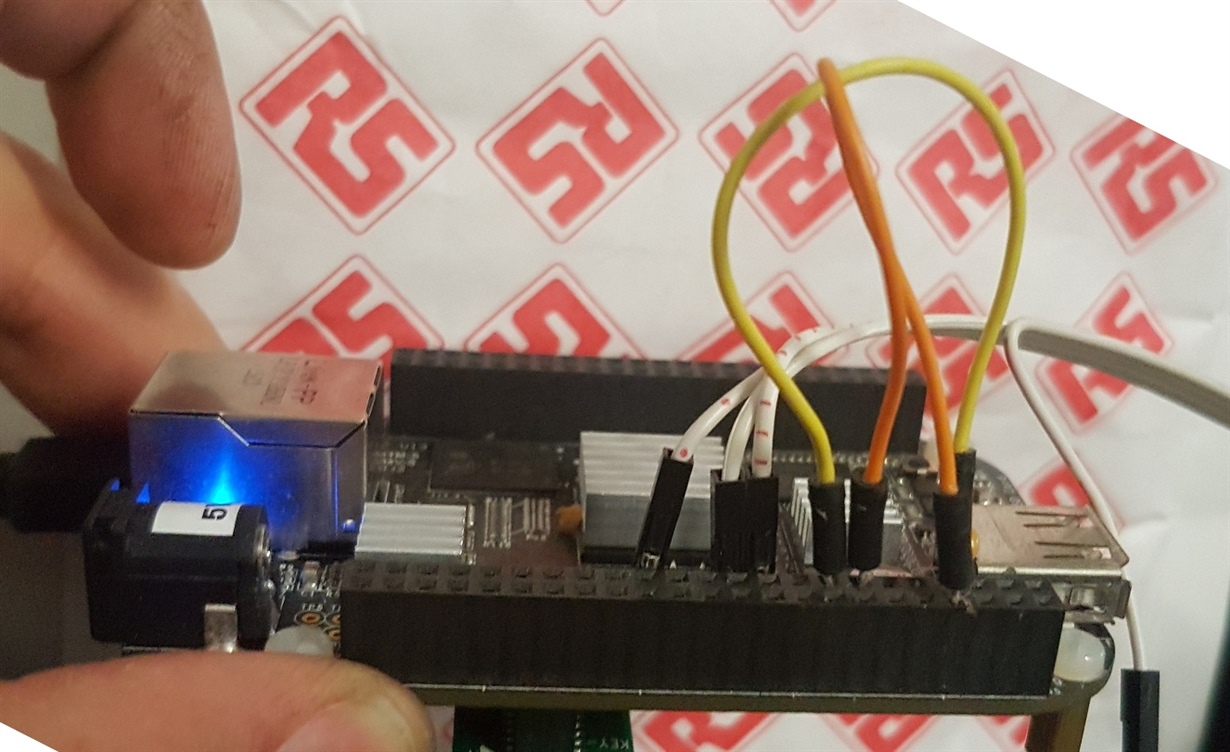Tool/software: TI-RTOS
I'm developing some basic board checkout code and I need to verify the ADC peripheral. We have a custom board design based heavily off the BBB. I modified the following files:
- beaglebone_black_config.pinmux
- am335x_beagleboneblack_pinmux_data.c
- bbbAM335x_pinmux.c
To add the ADC. Not sure if this was a required step.
I'm using Board_init() for initial set-up and the starterware adc_app.c and .h files. I modified the ADCAppInit() to use the ADC as general purpose vs the 4wire touch panel. (but this issue was occurring before I changed anything in the initialization file.) I don't start the Bios, as I call the check_adc() method after initializing the board and before BIOS_start().
The issue I'm having is that the ISR never gets called. Everything seems to initialize properly, but something breaks with the end of sequence interrupt and the program exits. Single stepping through I can get all the way into the:
/* Wait till the ADC processes the analog lines. */
while(1U != gVoltMeasureAppCfg.appIntrCfg.endOfSeqIntr);
In the example main file, located here: ( C:\ti\pdk_am335x_1_0_11\packages\ti\starterware\examples\adc\volt_measure) but after I hit run, the program exits.
I've stepped through the code, and can see the registers getting set for end_of_sequence. After calling:
TSCADCEnable(pCfgAdc->instAddr, TRUE);
while single stepping, the moment that register gets set, the steps immediately clear in the STEPENABLE register.
Side Note: inside the Control_Module registers
adc_evt_capt 0x00000000 Memory Mapped
adc_evtcapt 0000 ECAP0 event capture mux.
The description for the adc_evtcapt register it is described as an "ECAP event capture mux"
I'm using:
- Code Compser Studio v7.4
- Bios_6_52_00_12
- Ndk_2_26_00_08
- Pdk_am335x_1_0_1
- xdctools_3_50_00_10_core
- GNU v6.3.1n(linaro) compiler
Any help is greatly appreciated, thank you!


